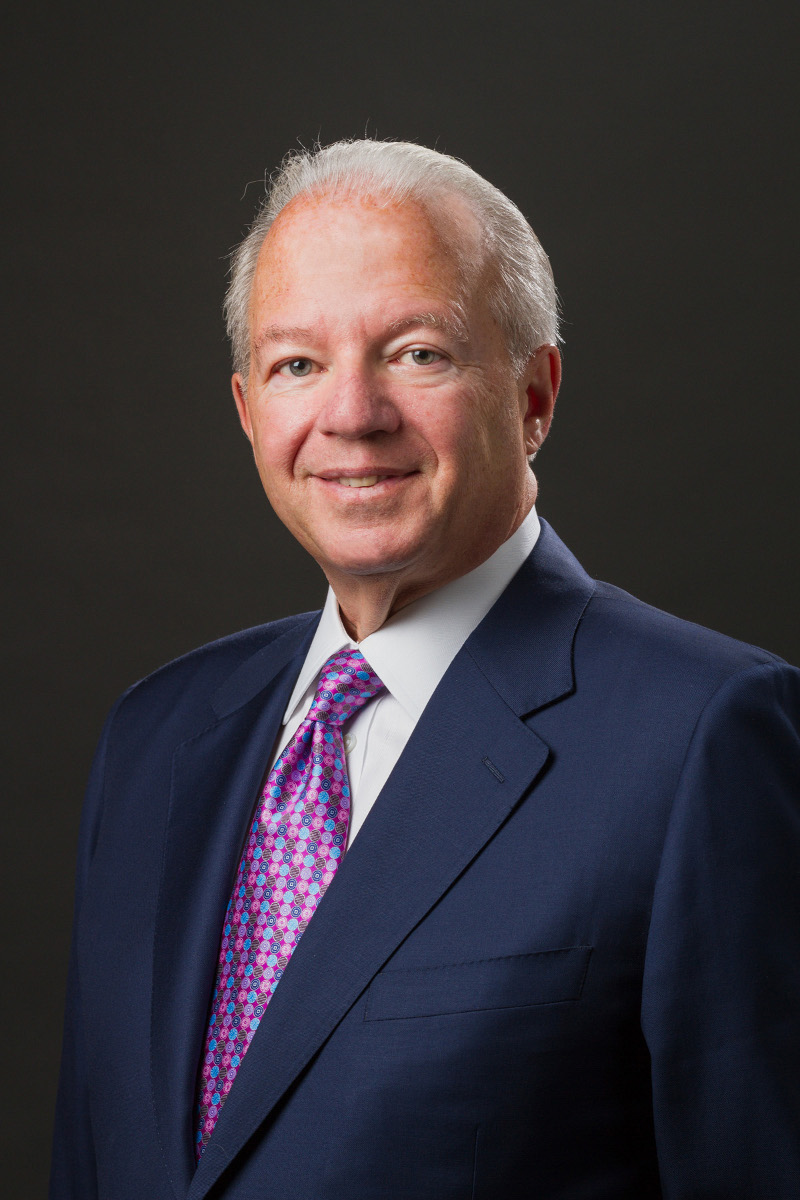"We need to control costs, but the safety and well-being of patients must always come first," said Frank A. Corvino, president and CEO of Greenwich (Conn.) Hospital, in a speech at the Metropolitan Club in New York City.
 The speech, "Today's Hospital Economics and Patient Safety: Why You Should Care," was given in April and was later published in Vital Speeches of the Day. Mr. Corvino made the case that financial pressures under healthcare reform should not cause lapses in quality medical care. In addition, through examples from his hospital, he shows that reducing errors and maintaining patient safety is possible with the right culture and systems in place.
The speech, "Today's Hospital Economics and Patient Safety: Why You Should Care," was given in April and was later published in Vital Speeches of the Day. Mr. Corvino made the case that financial pressures under healthcare reform should not cause lapses in quality medical care. In addition, through examples from his hospital, he shows that reducing errors and maintaining patient safety is possible with the right culture and systems in place.
Examples from Greenwich Hospital
Four years ago, Greenwich Hospital, which is part of Yale New Haven (Conn.) Health System, began a "safest hospital initiative" to create a culture of safety. Mr. Corvino shared several examples of how the hospital has developed a safety culture and enhanced patient care:
• Nurses carry mobile phones for patients to contact them.
• Nurses going off duty update incoming nurses on the patient's condition at the patient's bedside.
• Each day begins with a safety huddle during which care team members discuss the events of the past 24 hours, the next 24 hours and anticipated challenges.
• The hospital tracks more than 400 quality measures through its department of performance management.
• The surgical team follows and goes beyond the universal protocol, including pre-procedure verification, surgical site marking and timeouts, to prevent surgical errors.
• A sepsis alert program allows providers to quickly identify and treat sepsis patients.
• A family-activated rapid response team encourages family members to take appropriate action when they're concerned.
• A case manager starts planning a patient's discharge upon his or her admission.
Human error
Despite these protocols and precautions, human error does occur. Hospitals need to respond appropriately to human error to improve processes and prevent errors from reoccurring, according to Mr. Corvino. Greenwich Hospital has a culture of transparency that recognizes that most errors are honest mistakes and encourages reporting of errors. "We understand that secrecy and denial are the enemies of improvement," he said.
Hospital leaders respond to medical errors on a case by case basis, examining the underlying cause of the error. An error due to an honest mistake will be dealt with differently than an error caused by indifferent or malicious behavior.
By remaining vigilant on quality and patient safety, hospitals and health systems can improve care while increasing efficiency, Mr. Corvino concluded.
More Articles on Patient Safety:
10 Strategies to Overcome CAUTI Prevention Challenges
Happier Nurses Correlated With Improved Patient Outcomes
Study: Robotic Surgery Complications Are Underreported

